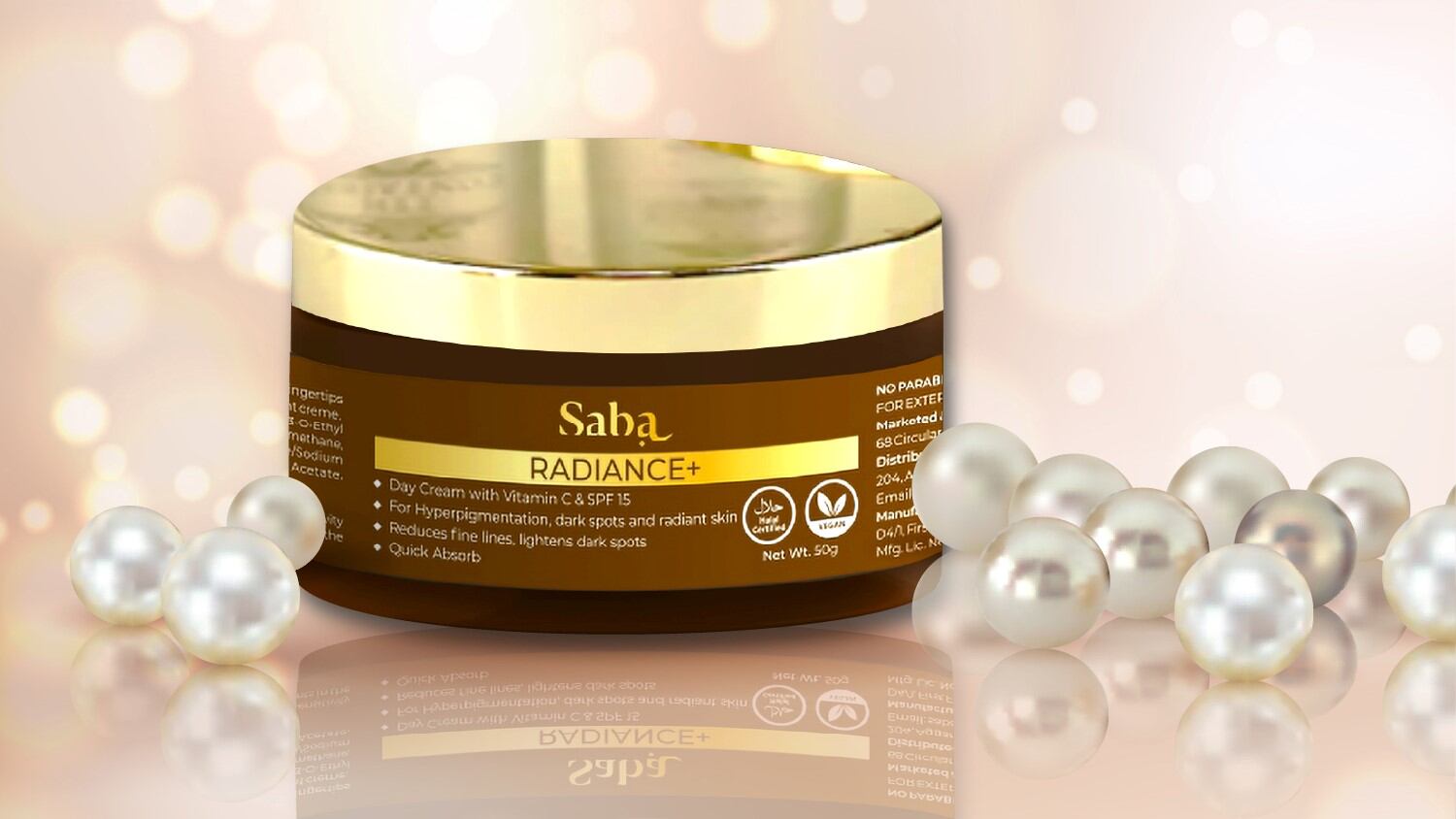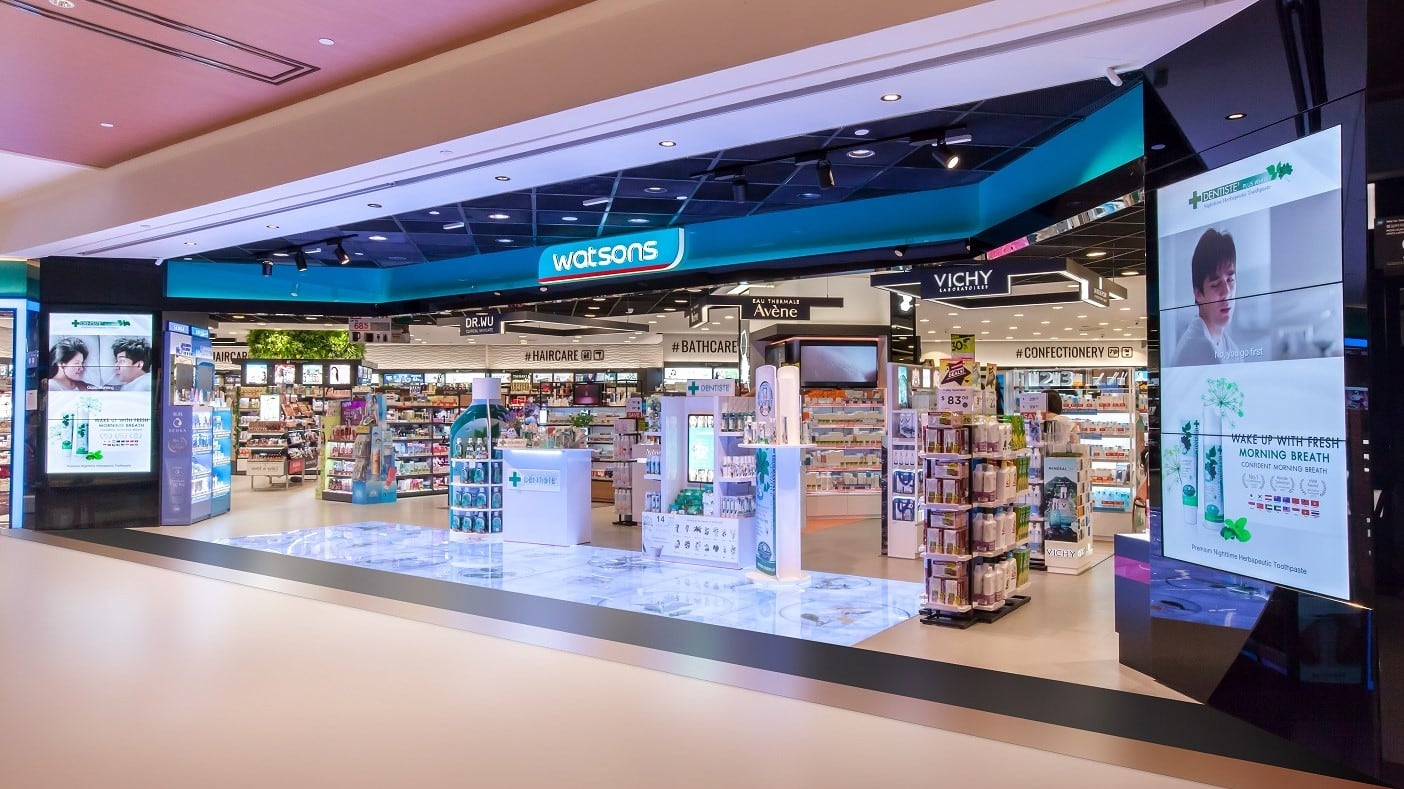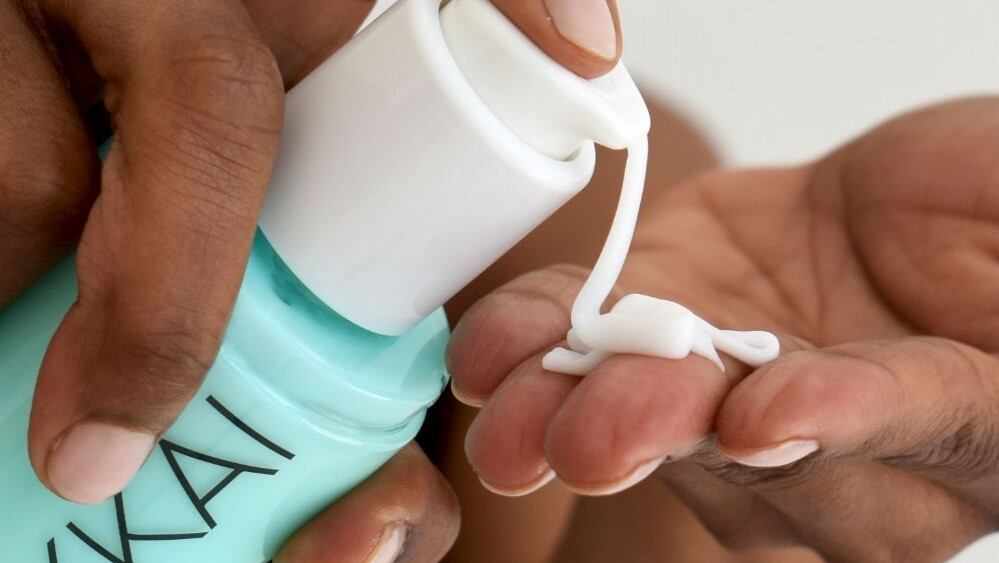Founded in 2019 in New Delhi, Saba Personal Care is a halal and vegan beauty brand offering breathable nail polish, facial cleaners and creams, and body spray deodorants.
Its founder and CEO Prashant Verma, also a veteran in the global and Indian beauty space, saw a gap for halal beauty products in South Asia:
“I think none of the multinationals want to take the risk of being called communal in any sense. When they serve one community, they may alienate another. I’m not saying they don’t operate, but it’s in bits and pieces here and there."
He highlighted previous experience with a fast-moving consumer goods firm that offered a shampoo developed for hijab-wearers, which has a higher strength of fragrance and freshness, which sold extremely well in markets like Bangladesh and Malaysia.
“While these innovations are there, they are very few and small. The reason is because they have a much larger presence, and they do not want to alienate the other consumers. It’s a needs-led kind of product portfolio. [The halal market] is a really hard nut to crack for the multinationals.”
As a result of that, local manufacturers tend to dominate the halal beauty space in their respective markets, he added.
While there is a growing demand for halal beauty products, the challenge remains for these manufacturers to cover non-Muslim market segment: “In South East Asia and the Middle East, I’ve noticed that there is resistance from non-Muslim consumers to try halal products because they feel they are only for Muslims. That’s one of the reasons I wanted the brand to operate in the space of halal and vegan which targets the larger community.
Making halal appealing to non-Muslim consumers
CosmeticsDesign-Asia previously published that halal beauty brands had “holistic positioning” covering vegan principles of cruelty-free, which appealed to a larger demographic.
The quality and efficacy of green products is also being increasingly questioned by consumers, he said.
“I’m a chemist by background, and we make sure that all our formulations are made from only eco-certified ingredients. When you’re dealing with a green product, the efficacy [of the product] should still be there and we make sure that it’s on par with other popular brands in terms of superior delivery.”
Using the example of its breathable nail polish, the brand appeals to non-Muslim consumers by claiming that its water permeability function helps with the quality of nail by preventing deterioration upon removal.
The brands touts three new launches every quarter, whether it be a new product, fragrance or a colour cosmetic. It is entering a new category of lip product with a wide colour range. It also sees potential in expanding its skin care range and hair care range to include serums and other targeted concerns.
Cracking diverse regions
The brand deploys an omni-channel approach, with e-commerce dominating its distribution via its website and major platforms including Amazon, Lazada, Q10 and Shopee. Its offline distribution spans supermarkets, pharmacies, cosmetic retail stores, and bazaars.
“We run different portfolios in the different markets. In India and Bangladesh, for example, deodorants and perfumes would be priority, or leading for the business. In Singapore, it is nail polish and we mostly operate on an online model as retail visibility in Singapore is actually one of the costliest in the world. We have teams based in these countries to execute a different strategy,” Verma added.
Its presence currently spans India, Bangladesh, Singapore, Middle East, and the United States.
It claimed that all its products have obtained the local halal certification from its respective markets. Verma added that applying for halal certification in the aforementioned markets via an agent was “fairly straightforward, not so much of red tape”.
It is eyeing on Malaysia and Indonesia as the biggest markets for halal beauty. The brand is also considering setting up local manufacturing capabilities in these markets, said Verma.
“It is mostly because it’s easier and quicker to get the products to the market. There’s the pain and hassle of importing products and getting them registered. Sourcing and manufacturing locally make it easier to get through the regulations as well.”




